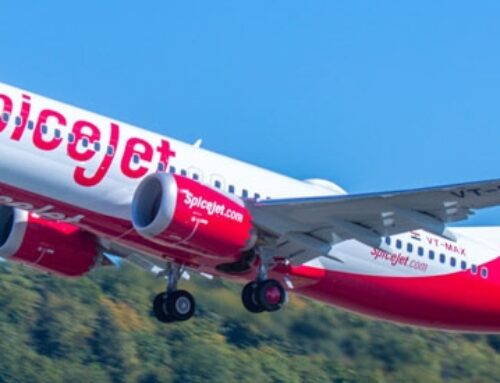
Boeing is set to experience a cash burn in 2024 instead of generating positive cash flow, according to recent statements from the company’s CFO, Brian West. During the Wolfe Research Global Transportation and Industrials Conference, West revealed that Boeing’s free cash flow for the full year would be negative due to ongoing delays in aircraft deliveries. This update deviates from the company’s March forecast, which anticipated positive cash generation in the low single-digit billions.
This announcement has led to a significant 7.6% drop in Boeing shares, closing at $172.21 on Thursday. These developments compound existing challenges for the U.S. planemaker, including production issues and stalled deliveries to China, which have already dampened the company’s modest outlook for 2024.
West confirmed recent reports that deliveries to China have been delayed in past weeks due to a Chinese regulatory review concerning batteries powering cockpit voice recorders. Boeing is actively collaborating with Chinese customers as the Civil Aviation Administration of China completes its review of the 25-hour cockpit voice recorder batteries.
Moreover, Boeing is not expecting an increase in commercial jet deliveries in the second quarter compared to the first, further disappointing customers already frustrated by supply chain and production delays. “We have frustrated and disappointed customers,” West acknowledged, emphasizing the internal progress that seems too slow from an external perspective.
These delivery challenges are expected to result in a cash burn for the second quarter, potentially mirroring or worsening the $3.9 billion spent in the first quarter. This projection contrasts with West’s earlier, more optimistic April statement to analysts, where he anticipated a substantial but improved cash use compared to the start of the year.
The financial community has reacted with concern to the rapid negative shift in Boeing’s financial health. “How did things change so quickly?” questioned one anonymous portfolio manager who holds Boeing stock.
Adding to Boeing’s troubles, production of the 737 MAX jetliner has significantly slowed, falling to single digits in April, far below the Federal Aviation Administration’s (FAA) cap of 38 jets a month. This reduction is part of broader safety and quality control measures following a January incident where a door plug blew off an Alaska Airlines jetliner mid-air. The FAA has since limited Boeing’s production rates and set a May 30 deadline for the company to address systemic quality-control issues.
Amid these operational challenges, Boeing is also navigating potential leadership changes and legal considerations. The company is searching for a new CEO as Dave Calhoun plans to step down by the end of the year. Additionally, the U.S. Justice Department is deciding by July 7 whether to prosecute Boeing for violating an agreement related to previous jet crashes in 2018 and 2019.
In terms of strategic moves, Boeing is in talks to acquire fuselage supplier Spirit AeroSystems, a deal complicated by the supplier’s business with Boeing’s rival, Airbus. West highlighted that while a deal could materialize in the second quarter, it is complex and should not be rushed.
As Boeing navigates these multifaceted challenges, the company faces a “long road” to recovery, focusing on overhauling its manufacturing practices and restoring safety and trust in its operations.
Sources: AirGuide Business airguide.info, bing.com, reuters.com







